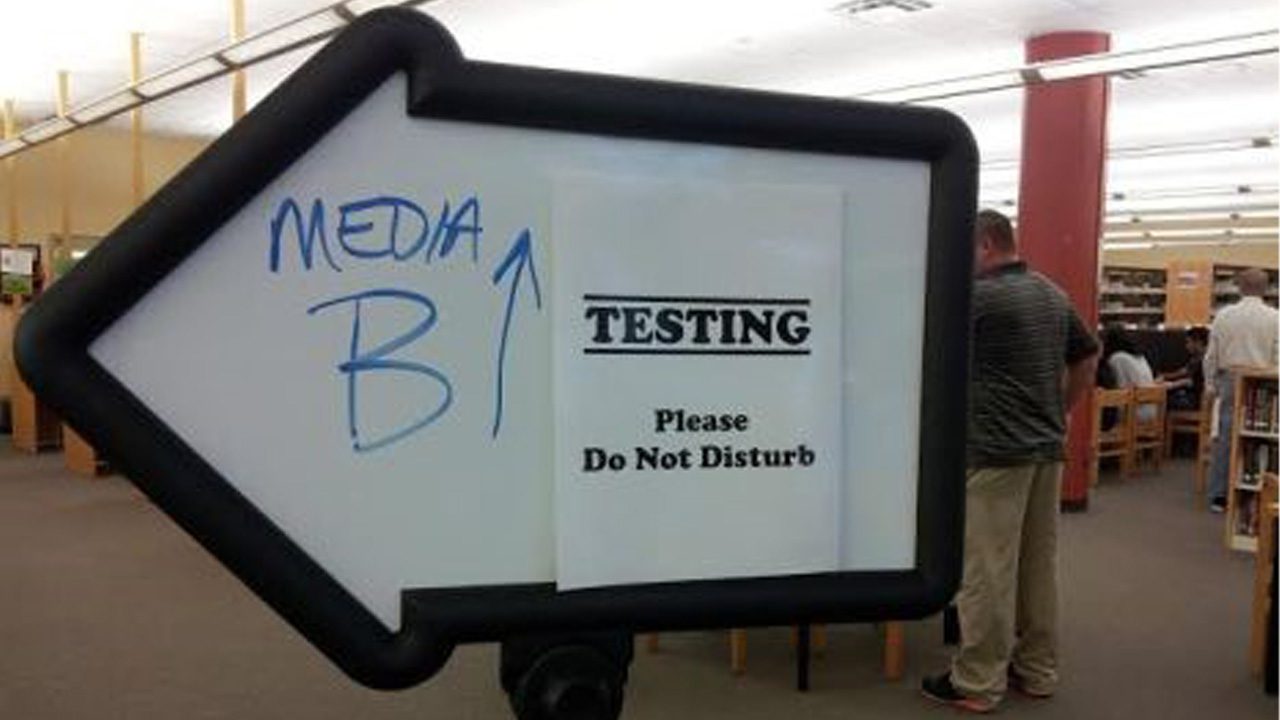
Florida sticks with testing for 3rd-grade promotion, high school graduation
Florida Senate leaders proposed sweeping changes to the state’s school accountability system late last year, looking to do away with laws that hold back thousands of third graders and require high schoolers to pass math and language arts exams to earn a diploma.
The proposals were part of a far-reaching package that included “bold” and “controversial” ideas that Senate President Kathleen Passidomo conceded when they were unveiled in November might “not make it across the finish line.”
She was right.
In the face of opposition from the House leaders and others — including former Gov. Jeb Bush, who ushered them in as part of his school accountability law 25 years ago — the Senate scrapped its plans to do away with third-grade retention for struggling readers and the required exams for high school graduation.
Critics said the proposals would unwind decades of educational progress in Florida by allowing unprepared students to move on. Even so, many school administrators and teachers applauded the Senate’s now-abandoned suggestions.
The Senate on Wednesday adopted a House version of its bill (SB 7004) that did not include the provision to alter high school graduation requirements, which was in the legislation when the Senate unanimously approved it on Jan. 10.
That means Florida 12th graders will still need passing scores on state algebra and language arts exams, or equivalent marks on national tests like the SAT, to graduate.
The Senate had already backed away from its proposal to delete Florida’s third-grade retention law, which bars from fourth grade many youngsters — nearly 22,000 in 2022 — who cannot pass the state reading exam. That plan won approval in Senate committees but was deleted before it went to the floor for a vote.
The bill now heading to Gov. Ron DeSantis instead makes far more modest changes, such as giving parents more input about services for their young children if they are having trouble learning to read.
Passidomo, in a statement issued after Wednesday’s vote, said she viewed the effort — initially a package of bills meant to reduce “red tape” burdening public schools — as a multiyear effort.
“My goal was to make serious headway this year, and I could not be more pleased with the final product,” she said.
The other bills were combined into one (SB 7002). That legislation gives school districts more flexibility in setting teacher salaries and managing construction projects, among other issues and reduces reports school districts must submit to the state.
The bill to scuttle rules that have been hallmarks of Florida public education since Bush signed the A+ Plan for Education in 1999 drew the most notice and opposition.
House Speaker Paul Renner said the day after the Senate adopted its bill that he did not like that it aimed to do away with “25 years of accountability steps that have taken us from the bottom of the of the nation to the top of the nation.”
“I’ll light myself on fire, and so will many of these people behind me, on some of these things that really go to the core of accountability,” Renner said.
Bush and his education foundation also lobbied against the Senate’s efforts.
“Now is not the time for lawmakers to get weak-kneed on policies that have played key roles in contributing to two decades of educational progress,” Bush wrote in a Nov. 28 opinion piece for the Orlando Sentinel.
But many educators cheered on the Senate’s efforts, saying the graduation tests sometimes kept good students who had trouble on exams from earning a diploma.
“I’m praying and hoping that this will pass,” said Sherrie Raulerson, superintendent of the Baker County school district, at a Senate committee hearing on Nov. 15.





